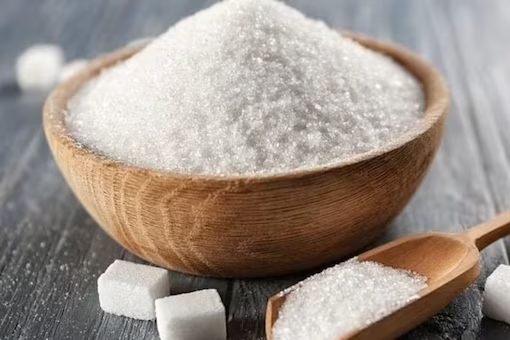The adage ‘sugar is a sweet poison’ encapsulates the dual nature of this ubiquitous ingredient – delightful to the taste buds but harbouring potential health risks. Excessive sugar consumption has been linked to weight gain, acne, mental anxiety and kidney damage. Moreover, it can contribute to serious conditions such as diabetes and heart disease, prompting medical professionals to advocate for reduced sugar intake to foster long-term health.
Individuals aware of these health concerns may be tempted to exert strict control and abruptly eliminate sugar from their diets. However, the sudden cessation of sugar consumption can have adverse effects. Therefore, it is essential to understand how to gradually reduce sugar intake while making sustainable changes to dietary habits.
Identification of High-Sugar Foods: A crucial first step involves recognising food items high in sugar and substituting them with healthier alternatives. Prioritising low-sugar options, especially in the morning, set a positive tone for the day.
Addressing Sugar Cravings: Opting for alternative sweeteners, such as sucralose and stevia, can provide a sweet taste without the caloric impact. Nevertheless, the goal should be to gradually decrease reliance on these substitutes.
Mindful Consumption of Processed Foods: Many popular processed foods, including bread, sauces, and yoghurts, contain significant amounts of added sugar. Gradual reduction of these items from the diet is advisable.
Awareness of Packet Foods: Careful consideration is needed when consuming packet foods, as sugar may be present under different names within various ingredients. Substituting sugar with alternatives like honey or natural sweeteners, in moderation, is a healthier choice.
Understanding the Glycemic Index: Prioritising foods with a low glycemic index and high nutrient content is a cornerstone of a balanced diet. These foods promote stable blood sugar levels and contribute to overall health.
While these steps guide individuals toward a reduced-sugar lifestyle, moderation remains paramount. Alternative sweeteners, although useful, should be consumed in moderation to prevent excess calorie intake and fluctuations in blood sugar levels. Ultimately, the journey towards cutting back on sugar is most effective when characterised by gradual, consistent changes, ensuring sustainable and long-term health benefits.


